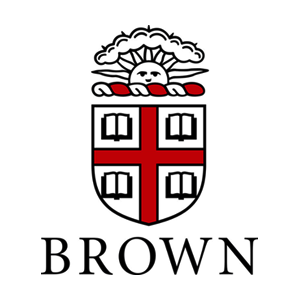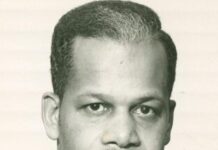 A recent report from the Annenberg Institute for School Reform at Brown University suggests that the type of college where Black students initially enroll could narrow racial disparities in degree completion and influence students’ long-term financial outcomes.
A recent report from the Annenberg Institute for School Reform at Brown University suggests that the type of college where Black students initially enroll could narrow racial disparities in degree completion and influence students’ long-term financial outcomes.
The report is based on an analysis of data from nearly 1.2 million Black students who took the SAT between 2004 and 2010. The study found that students initially enrolling in HBCUs are 14.6 percentage points more likely to earn a bachelor’s degree than Black students who enroll at predominantly White institutions. Black students who enrolled at a non-HBCU four-year institution were 24 percentage points less likely to complete a bachelor’s degree within six years than White students overall, according to the report.
Black students who graduated from an HBCU had 5 percent higher household income around age 30 than those who did not enroll in an HBCU. Initially enrolling in an HBCU also leads to $12,000 more in outstanding student loans around age 30.
“These historic institutions have played an important role in giving Black students access to higher education when other institutions were unavailable due to segregation,” the report concludes. “HBCUs have faced many challenges over the last century, such as inadequate funding, state and court legislators requiring justification of their existence, and questions about their quality. This research demonstrates that the historically outsized role played by HBCUs in granting access to Black students and supplying talented Black graduates to the American economy still holds for 21st-century graduates.”













Once again, another foundationally racist HWCU (Historically White Colleges and Universities) pontificating about the merits of HBCUs. In our view, this White paternalistic ‘paper’ via Brown University is not new for those who are uniquely familiar with the centuries old academic work HBCUs have been doing tirelessly. In other words HWCUs, HBCUs don’t need your funky validation in any capacity. The only thing that HWCUs, White state and federal elected officials need to do is to “cut the DAMN check” for HBCUs because it’s owed to them.
I agree…Cut the check and forgive all student loans
As I have obtained degrees in both HWCU and HBCU institutions, I can tell you first hand, both are valuable. However, my greatest learnings in a safe, welcoming, and supportive environment? Came from the HBCUs.
The difference? The HBCUs were so inadequately resourced from the states deliberately withholding monies and funneling funds to big state colleges. Placed the HBCUs at a financial disadvantage, which results in students having higher loan debt at graduation.
Agree with the other commenters..cut the damn check, and forgive loans! Problem solved!